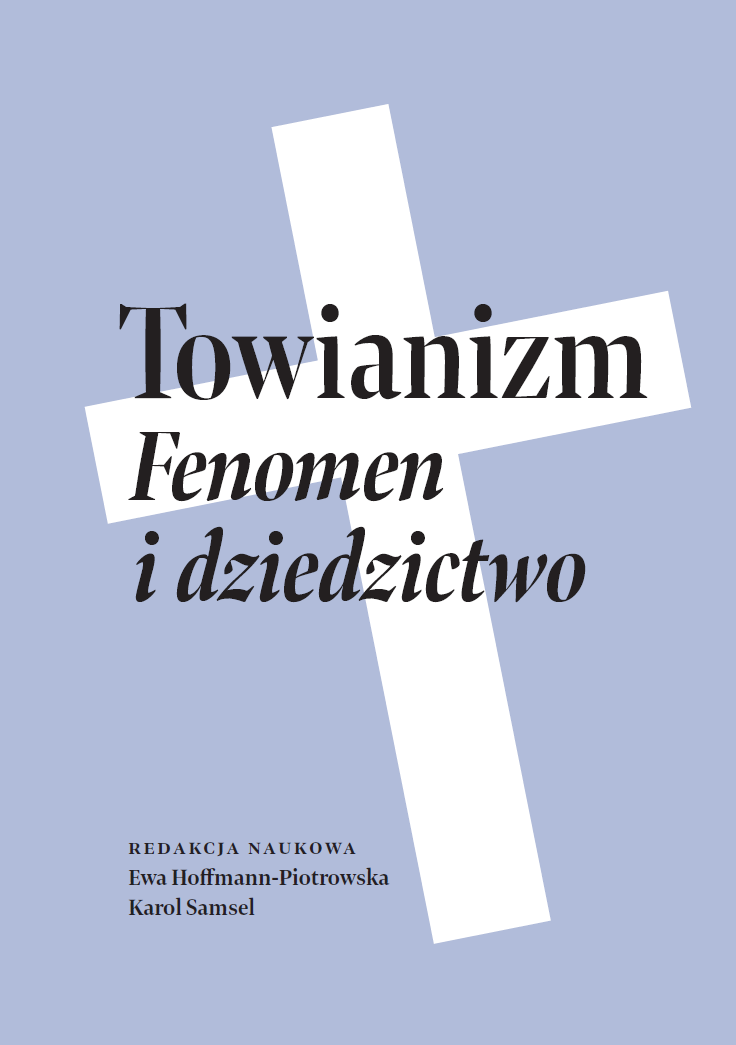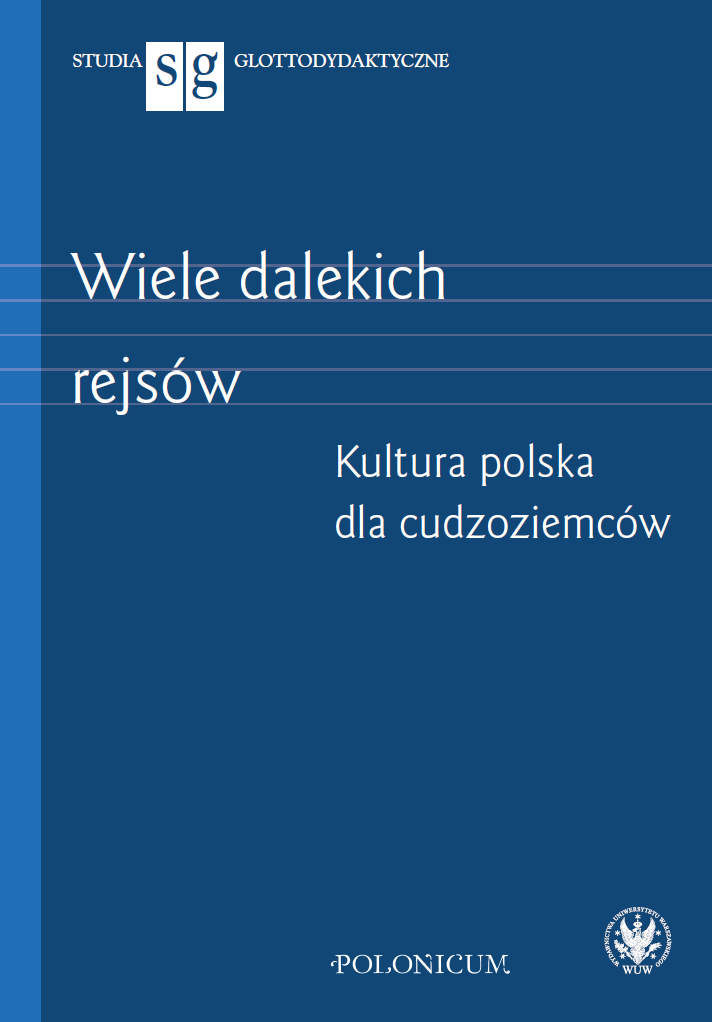
Towianizm w ujęciu filozoficznym (i metafilozoficznym)
The paper addresses the role and significance of Andrzej Towiański’s concept in the development and critical reception of the idea of Polish messianism. The discussion is centred around an attempt to approach the problem from a philosophical perspective and overcome the tendency, predominant in the mainstream reception of the concept studied, to place Towiański’s thought within the narrow confines of religious discourse. The article seeks to define the theoretical status of Towianism in the general process of evolution of the Polish debate over national messianism, and discuss the metatheoretical roots of the historical controversy surrounding this position.
More...
